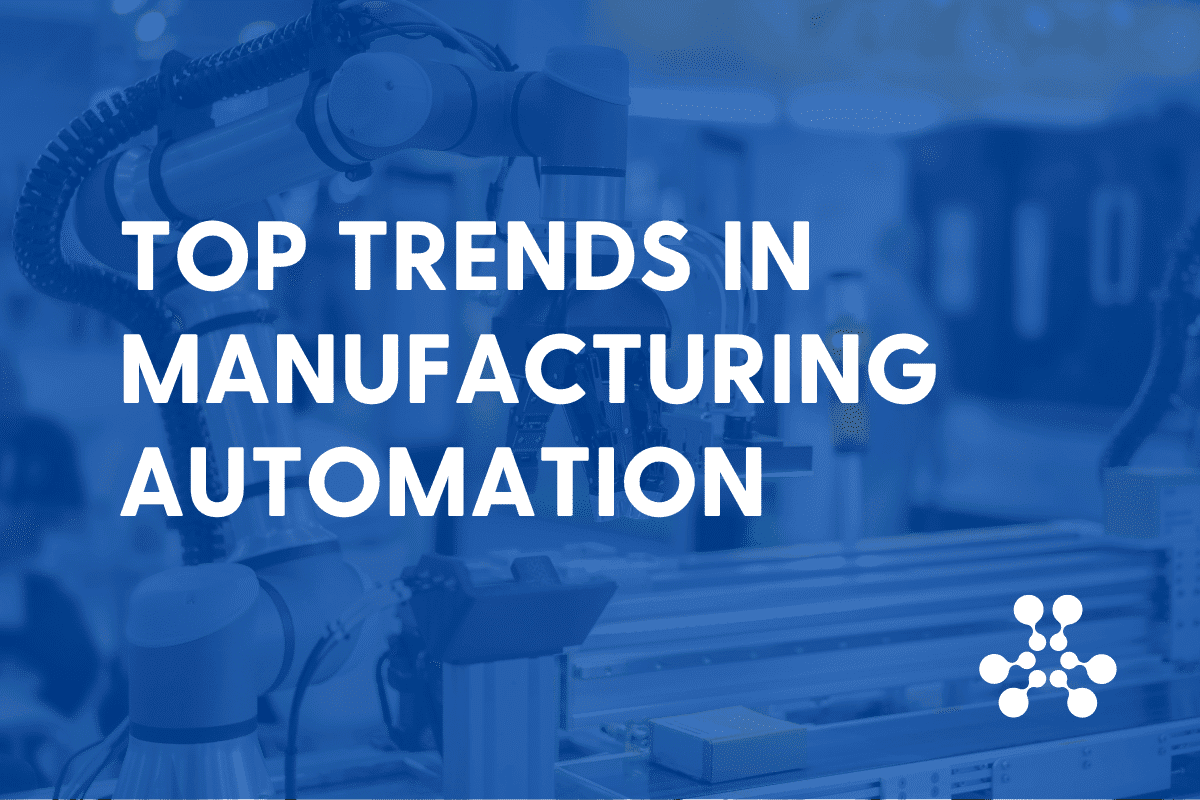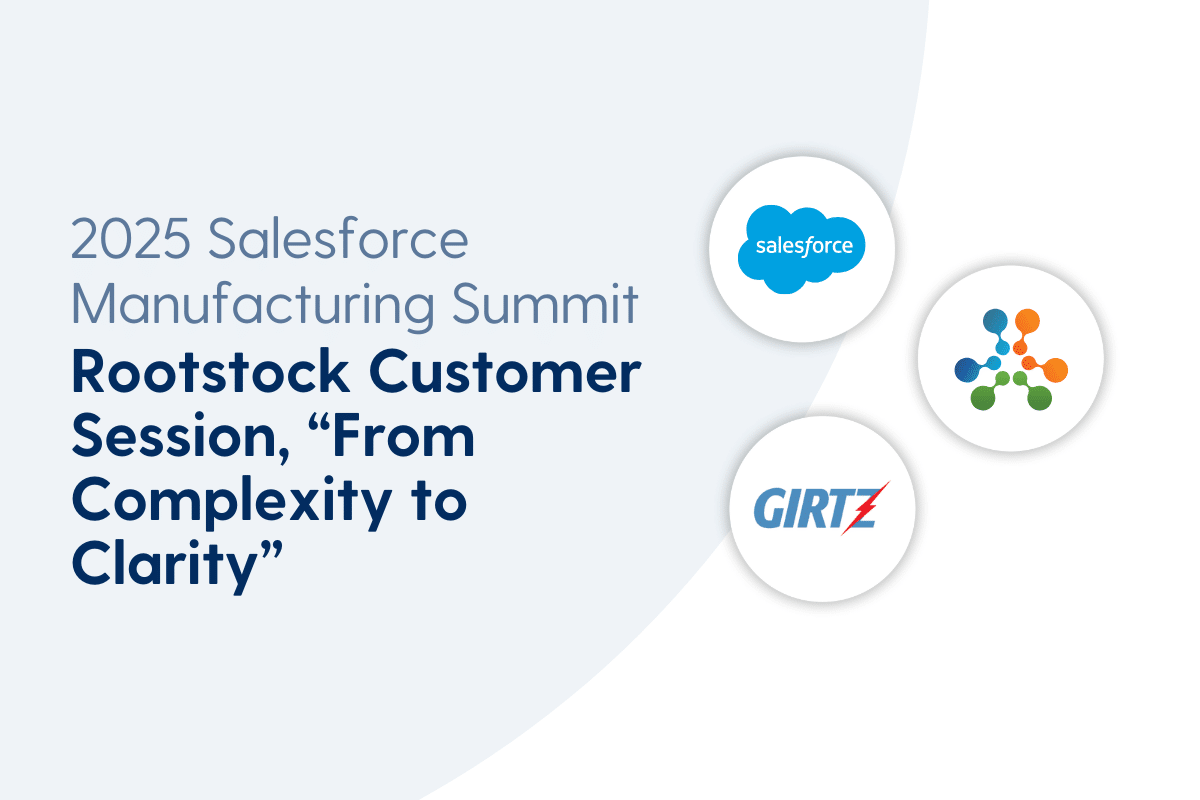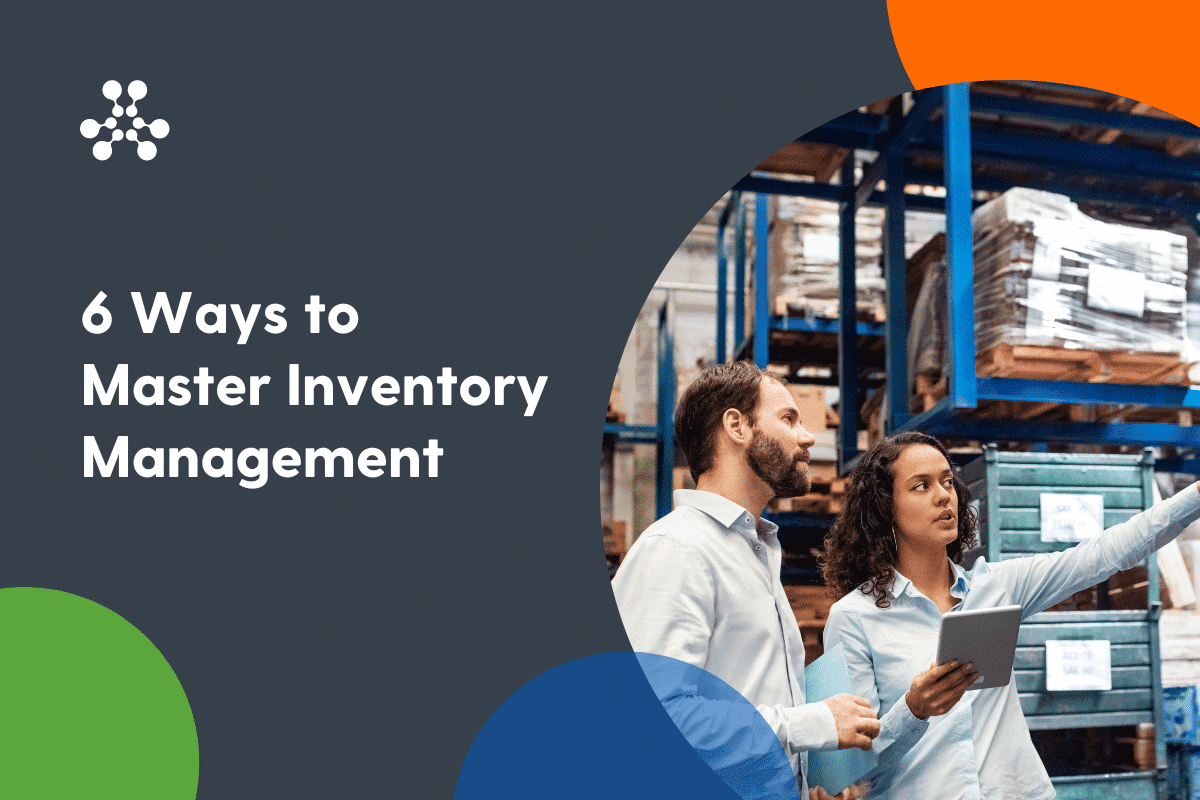Many believe manufacturers are delaying software spending due to the economy, but there is strong evidence to the contrary. In IDC’s InfoBrief, 2023 State of Manufacturing Technology Survey, sponsored by Rootstock and released in May, more than three-quarters of manufacturers (75.2%) said they plan to boost software spending over the next 12 months, with more than one-third (37.8%) planning on double-digit increases.
Among the study findings:
- Economic uncertainty is top of mind across the manufacturing industry, but many leaders are acting on digital transformation priorities now to competitively position themselves for when the economy takes that positive turn.
- Nearly twice as many respondents said they were concerned about keeping pace with increased orders over those worried about diminishing demand.
- The biggest fear is regarding continued disruptions across suppliers, transportation, and logistics, and being able to adapt to unpredictable supply chain issues is viewed as essential to success.
- The chief aspiration of digital transformation leaders is being able to leverage data to drive overall business strategy.
The AI Uprising in Manufacturing
Given these concerns, where are manufacturers considering placing their digital bets?
The meteoritic rise of Artificial Intelligence (AI) is raising questions about applications across the business, including supply chain. In the IDC survey, 34% of respondents indicated that AI represented the technology with the greatest potential impact over the next five years. This is a timely study indeed, as many manufacturing companies are completing their strategic planning season. Just as Amazon was the dominant topic in boardroom discussions a decade ago, AI in all its guises, will, no doubt, take center stage this year.
Generative AI— tools like ChatGPT—that use algorithms to create new content utilizing previously created text, audio, video, images or code— have taken the limelight. Generative AI tools are especially useful in marketing and customer engagement. Yet it is Enterprise AI, leveraging existing software platforms, that will most meaningfully transform businesses in coming years.
Enterprise AI combines artificial intelligence, machine learning, and data science in software solutions designed to collect, manage, and analyze the growing amounts of manufacturing data. The goal is to find patterns that a human may not discern independently, turn data into actionable insights, and enable automation across manufacturing processes.
These technologies are critical to decision intelligence— a growing field that enables the digitization, augmentation, and automation of business decision making. Traditional decision-making processes are often siloed and disconnected, with employees relying on spreadsheets to analyze data and come to a decision. Decision intelligence digitizes this process, allowing people to make more decisions faster, with a full view of a decision’s impact on the end-to-end value chain.
Consequently, leaders in all functions and particularly those in IT and supply chain, will need to have a point of view on Enterprise AI and where, when, and how to invest as they enter budgeting season later this year.
Enterprise AI can be utilized in various ways to enhance supply chain operations and improve overall efficiency
Here are some of the top applications to investigate for your manufacturing organization:
1) Demand Forecasting
Enterprise AI can analyze historical data and market trends to predict future demand accurately. It can provide valuable insights into customer preferences, demand patterns, and seasonality, helping companies optimize inventory levels and plan production accordingly.
2) Order Management
Potentially, Enterprise AI can streamline the entire purchasing process. It has already been used to assist end customers by recommending products based upon their past purchases and the patterns of those with similar profiles (think “People who bought this widget also bought that widget” at Amazon). It can also help in placing orders, providing real-time updates as well as handle inquiries related to order modifications, cancellations, and returns, enhancing customer service and reducing manual intervention. Ultimately, it will be used by both sides of the negotiation table.
3) Inventory Optimization
By integrating with the inventory management capabilities of ERP solutions, AI can help optimize inventory levels by analyzing factors such as lead times, demand forecasts, production schedules, and supplier capabilities. It can suggest replenishment quantities, highlight slow-moving items, and identify potential stockouts, leading to better inventory management decisions.
4) Supplier Management
In the IDC InfoBrief, 26% of survey respondents cited “Lack of operational adaptability to react to disruptions effectively” as being among the factors most problematic if they did not digitally transform. Today, many OEMs communicate with their suppliers through ASNs (Advanced Shipping Notices), which are clunky, delayed and frequently ignored by members across the value chain. AI can streamline communication and collaboration with suppliers by answering queries, providing updates on delivery schedules, proactively notifying stakeholders about potential delays or disruptions, and resolving issues in real-time.
5) Freight and Transportation Management
Enterprise AI can assist in managing freight and transportation operations by providing rate quotes, optimizing routes, and suggesting the most efficient modes of transport. It can also handle queries related to shipment tracking, documentation, customs requirements, and compliance regulations.
6) Supplier Selection, Qualification and Evaluation
Enterprise AI can assist in the supplier selection process by evaluating supplier profiles, assessing their capabilities, and comparing them based on predefined criteria. It can facilitate the qualification process by gathering required documentation, conducting background checks, and maintaining supplier databases. It can also automate routine supplier performance evaluations (scorecards) based on predefined criteria, such as On-Time Delivery, Quality and Price.
7) Continuous Improvement and Knowledge Management
Enterprise AI can leverage a company’s knowledge repository to recommend best practices, standard operating procedures, and industry regulations. It can also provide guidance on process improvements, assist in root cause analysis, and support continuous improvement (Agile, Lean, Six Sigma) initiatives.
8) Training and Onboarding
Enterprise AI can aid in training new employees and onboarding them into the supply chain ecosystem. It can provide interactive tutorials, answer frequently asked questions, and assist in learning complex systems or processes, proactively offering intelligent work instructions on the fly.
The versatility of Enterprise AI enables it to adapt and provide value across different areas of the supply chain, ultimately improving efficiency, customer satisfaction, and decision-making for all participants.
A Solid Platform and Data Governance: Necessities for Manufacturers in the AI World
As the IDC InfoBrief states, “New and innovative technologies are not feasible without the scalability and computing power of cloud, both for applications and ecosystems.” To take advantage of Enterprise AI and maximize the value from digital transformation initiatives, manufacturers need a sound foundation, starting with a future-proof software platform and reliable data. The InfoBrief highlights Salesforce as one such platform. Nearly one third of survey respondents cited their organization’s inability to utilize the growing multitude of disconnected data sources as being the most problematic if their organization does not digitally transform. Perhaps that’s why more than 77% would consider Salesforce as a single platform for manufacturers.
As anyone who has undergone an ERP implementation can tell you, your applications are only as good as the data running them. That means clean, consistent and up-to-date master data for customers, parts, suppliers, lead times, costs, pricing, etc. The same holds true for AI. While the C-Suite contemplates the use and cost of AI in their strategic plans, manufacturers need to get their systems and data in working order to achieve the associated benefits. No intelligence—artificial or otherwise—can provide insights on gibberish.






